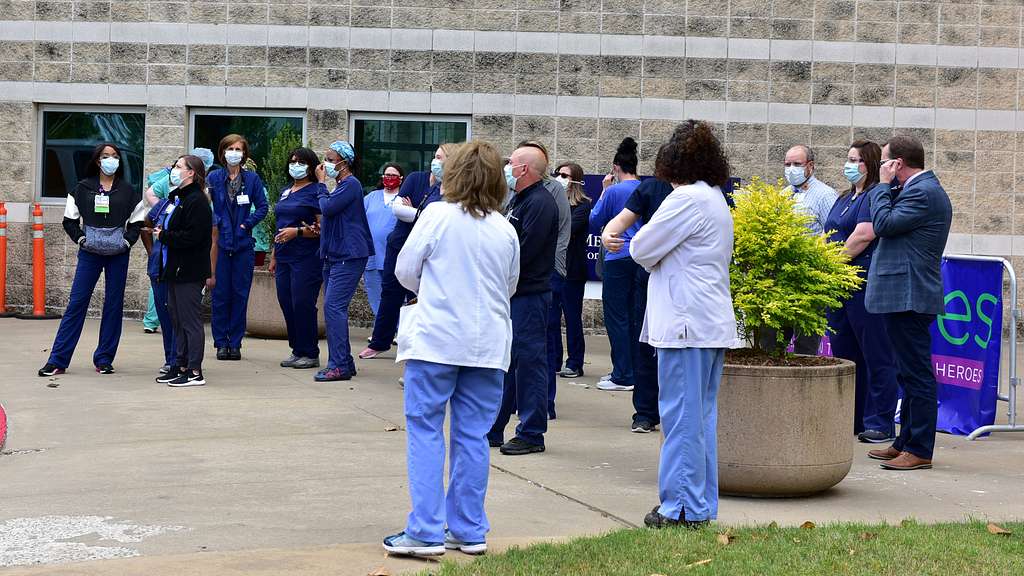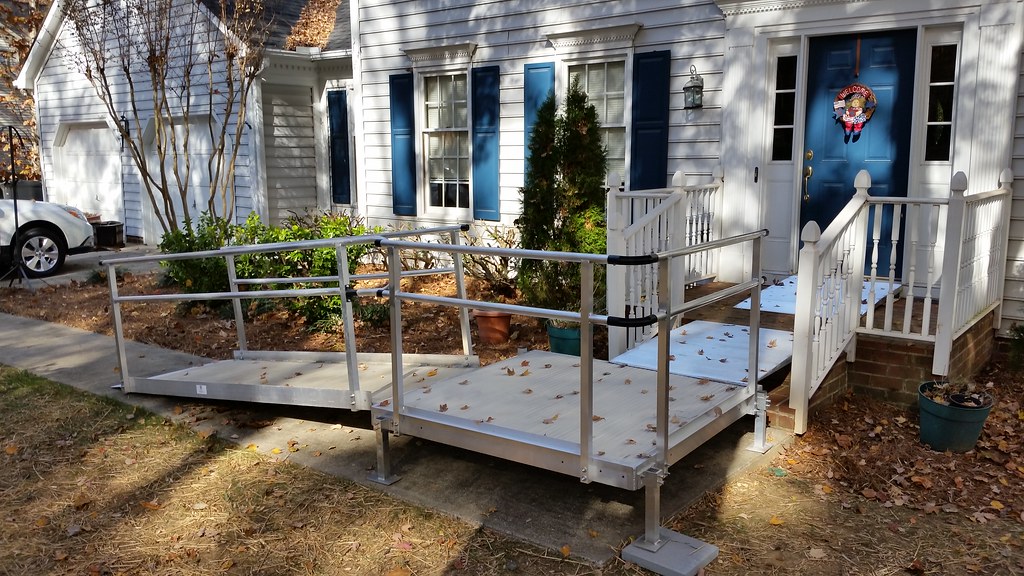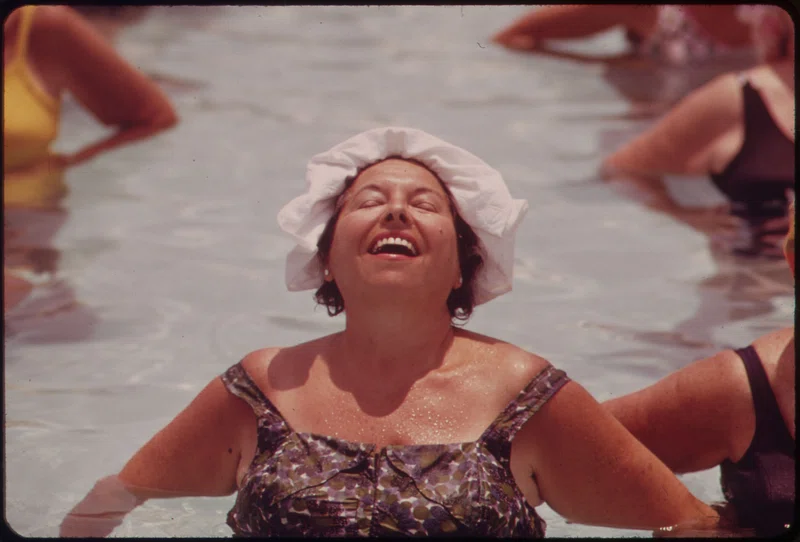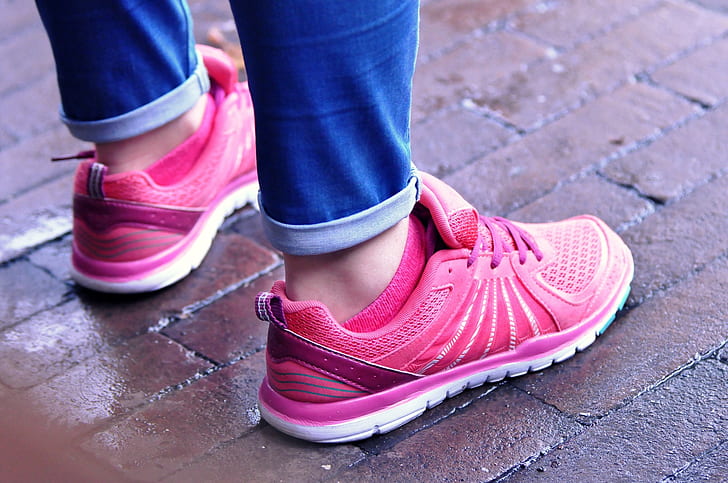So you’ve finally crossed the finish line into retirement—no more alarm clocks, office politics, or pretending to like decaf. But even with that well-earned freedom, a lot of retirees feel a pang of guilt every time they swipe their card. Should I really be buying this? Do I need this foot massager? (Spoiler: Yes.) Here’s the thing—retirement isn’t about hoarding every last penny like a dragon on a gold pile. It’s about enjoying what you’ve worked for. Experts agree: some splurges are more than justified—they’re essential. So here are 13 things retirees should never feel bad about spending money on, even if your frugal inner voice tries to stop you.
1. Grandkid Spoiling

We’re not saying drop $5K on every birthday. But if you want to be the cool grandparent who gets them concert tickets, college textbooks, or the world’s softest blanket—go for it. Experiences, shared traditions, and the occasional “just because” gift? That’s legacy stuff, according to Psychology Today.
And let’s face it: your kids might roll their eyes, but your grandkids will remember. Bonus points if you throw in a handwritten note or a story from your youth. Those are the real heirlooms. You don’t need to be flashy—some of the best “spoiling” is time spent together at the movies, in the kitchen, or on a nature trail. Spoiling can mean creating rituals, like Sunday waffles or goofy inside jokes. Those little extras build relationships they’ll treasure long after the toys are gone. And don’t forget: joy shared is joy multiplied.
2. High-Quality Health Care

When it comes to your health, second-best shouldn’t even be on the menu. Whether it’s top-tier insurance, seeing a specialist, or choosing the surgeon with better reviews (even if they’re out-of-network), this is where you pull out the Platinum Amex. According to CNBC, retirees can expect to spend around $315,000 on health care in retirement. That number is… not small. But here’s the thing: it’s not a cost—it’s an investment in staying vibrant, mobile, and able to enjoy all the things on this list.
It’s also about peace of mind. You don’t want to be worrying about whether a random back pain is a pulled muscle or something serious because you didn’t want to spend $75 on a check-up. If you’ve got the means, use them. Prioritizing health is not indulgent—it’s freedom insurance. And here’s the wild part—getting ahead of health issues now can actually save you thousands down the line. Catching something early means shorter recoveries, less medication, and fewer “surprise” bills. Plus, when your body feels good, your whole life feels better. Nobody’s nostalgic for the days of waiting rooms and questionable diagnoses.
3. Travel (Especially While You’re Still Mobile)

There’s something extra delicious about buying a plane ticket at 10 a.m. on a Tuesday just because you can. Travel in retirement isn’t a splurge—it’s your reward. Whether it’s a European river cruise, a Route 66 road trip, or a chill Airbnb in Tulum, this is the time to go. A WTTC piece highlights how travel isn’t just good for your soul—it’s good for your health, memory, and sense of purpose.
Besides, memories are worth way more than stuff. Your grandkids will remember stories about how Grandma got a tattoo in New Zealand, not the fact that you had perfectly preserved couch cushions from 1997. Book the ticket. Eat the gelato. Take the photos. Your knees will thank you later. Also, travel keeps you curious. Trying new foods, navigating foreign streets, and picking up phrases in another language is like CrossFit for your brain. You get stories to tell for decades—and probably a fridge magnet collection worthy of its own documentary. And if not now, when?
4. A Comfortable, Functional Home

You’re going to be spending a lot of time here—why not make it a place that works for you? Whether it’s a walk-in shower, an ergonomic recliner, or an expensive-but-worth-it mattress, your home should be a haven. According to Bankrate, more retirees are investing in renovations that help them “age in place”—think wider doorways, ramps, and updated kitchens.
But this isn’t just about safety. It’s about joy. If your dream was always to have a screened-in porch for sipping iced tea or a chef’s kitchen with granite counters and zero regrets, do it. You earned this castle—make it one you love living in every day. Even small upgrades—like better lighting or heated bathroom floors—can totally change how you feel day to day. A cozy home boosts your mood, supports your health, and makes hosting that book club way more appealing. Plus, when everything’s set up to suit your needs, you’re less likely to trip, strain, or mutter curse words while reaching for that top-shelf mug. Invest in your space—it pays daily dividends.
5. Help Around the House

Let’s get real: you didn’t retire just to spend your golden years wrestling with a lawnmower or scrubbing toilets. Hiring help—be it a cleaner, a gardener, or even a personal assistant to sort your tech—isn’t laziness, it’s lifestyle optimization. The Muse reported that paying for services that free up your time actually boosts happiness and reduces stress.
You’re not just buying time—you’re buying energy, freedom, and the chance to focus on things that light you up (like brunch or books or perfecting your short game). Also: your back will be thrilled. Think of it this way—outsourcing chores is productivity, just of a different kind. It gives you more hours to spend with grandkids, try out that watercolor class, or finally beat the Sunday crossword. Plus, professional cleaners? They know where the grime hides. Give yourself the luxury of walking into a sparkling home that you didn’t have to scrub.
6. Fun (Yes, Fun!)

Retirement should include unrepentant, unadulterated fun. That could mean joining a dance class, learning pottery, buying a high-end camera, or finally building that model train set you’ve been talking about since 1983. A Medium piece stressed that spending on hobbies isn’t frivolous—it’s essential to maintaining mental agility and happiness.
Fun isn’t just for kids or influencers. And guess what? It’s way more satisfying when you know you’ve earned the time and the means to enjoy it. Whether it’s a luxury yoga retreat or just really good watercolor paper, treat yourself. These kinds of joyful indulgences help stave off boredom and even depression. They keep your brain active, your hands busy, and your heart light. You’re not wasting money—you’re investing in your sanity. And besides, if not now… when?
7. Good Shoes

This one’s simple: bad shoes = bad joints. You don’t need to be running marathons, but a decent pair of walking shoes can make all the difference between “what a lovely stroll” and “call the chiropractor.” The older you get, the more your feet will remind you when you’ve chosen fashion over function—and frankly, that battle’s been lost.
So go ahead and splurge on that $150 pair of orthopedic-cool sneakers. Your ankles, knees, and spine will silently thank you every step of the way. Besides, modern orthopedic shoes are looking suspiciously stylish these days. And this isn’t just about long walks in the park—it’s about balance, safety, and preventing falls. One small misstep in worn-out shoes can lead to weeks of couch time and regret. Plus, comfy shoes mean you’re more likely to do more—walk the dog, explore a museum, or dance at your niece’s wedding. Bottom line: don’t skimp on what your whole body stands on.
8. Therapy or Coaching

Just because you’re retired doesn’t mean you’re done growing. Whether you’re dealing with grief, big life transitions, or simply exploring your next chapter, therapy is a smart and healthy investment. Life doesn’t stop throwing curveballs once the office job ends.
And if therapy’s not your thing, a retirement coach can be a game-changer. They help with identity shifts, purpose-finding, and even planning those bucket list dreams. Think of it as a personal trainer—but for your mind and soul. You’ve got decades of life experience—processing it with a pro can help you make sense of where you’ve been and where you want to go. Plus, it’s a relief to talk to someone whose job is literally to listen and not interrupt with unsolicited advice. Emotional health doesn’t retire just because you do. And let’s be honest: unloading on a therapist beats taking it out on your spouse or golf game.
9. A New Car (Or a Safer One)

You don’t need to be hauling a boat trailer, but having a car that doesn’t break down at every red light is worth it. Think safety features, easy entry, good visibility, and comfort. Don’t settle for the cheapest option if it’s going to turn every errand into an episode of Survivor.
There’s a peace of mind in knowing your ride is reliable and fits your life now—not who you were in your thirties. Heated seats? Yes. Back-up cam? Absolutely. Do not feel bad about making driving easier. You’re not trying to impress anyone—you’re trying to stay alive. Adaptive cruise control and lane assist aren’t luxury—they’re sanity savers on long drives. And if your grandkid’s car seat fits easier? Even better. A safe car is a mobile retirement asset, not just a convenience.
10. Organic or Better-Quality Food

After a lifetime of grabbing the off-brand cereal, retirement is the time to eat like royalty. If you want that pasture-raised egg or imported olive oil, get it. Your body deserves good fuel, and your tastebuds have suffered enough.
Plus, cooking (or just eating) becomes more of a ritual when you treat your groceries with reverence. Your kitchen becomes a little sanctuary. And if you want to splurge on delivery from that vegan taco spot across town? Do it. No shame. What you eat directly impacts your energy, your gut, your brain—basically everything. It’s not indulgence, it’s nourishment. If that means $9 sourdough instead of store-brand white bread, so be it. Let your meals be celebrations, not just fuel stops.
11. Subscriptions and Streaming Services

We’re living in the golden age of digital entertainment. If you love that documentary series, those puzzles, or that monthly wine box—subscribe guilt-free. This isn’t wasteful spending; it’s curated joy on autopilot.
Just make sure you’re using what you pay for. Otherwise, you’re not living your best retired life—you’re just funding Jeff Bezos’ weekend yacht gas.
And hey, some subscriptions can even boost your brain health—crossword apps, foreign language platforms, and meditation guides all count. Don’t let anyone tell you that bingeing three seasons of a British mystery series isn’t “productive.” It’s called self-care, darling. Subscriptions are like modern-day hobbies, delivered to your door or device. Whether it’s audiobooks or artisanal pickles, it’s okay to say “yes” to joy on repeat.
12. A Pet (And Everything That Comes With It)

Whether it’s a sweet rescue cat or a bougie doodle, a pet adds companionship, purpose, and joy. But they’re not cheap—food, vet care, grooming, toys, emergency sock-eating situations… it adds up. Still, no retiree should feel bad about investing in a living, breathing bundle of love. Just make sure you have the time, energy, and backup plan. Also: dog sweaters. You know you want one.
Pets provide daily routine, unconditional love, and a reason to get out of bed on the rougher days. They listen to your stories (even the long ones) and never interrupt. Studies show pets can reduce blood pressure, improve mood, and even extend life expectancy. Plus, you get to post cute pics and say “he rescued me” with total sincerity.
13. Splurging for Comfort on Flights

Yes, business class is expensive. But if you’ve got the miles, the points, or the wiggle room, why suffer through 9 hours with no legroom and a tray table lodged in your sternum? Retirement is not the time for self-imposed suffering. Treat yourself to the big seat. The glass of champagne. The warm towel. It’s not just luxury—it’s self-respect at 35,000 feet.
You’re not a college backpacker anymore, and that’s okay. Being able to sleep on a flight means you enjoy your destination instead of needing three days to recover from the flight. You’ve earned the right to bypass the middle seat and swollen ankles. The journey matters just as much as the arrival—fly like the icon you are.
This article is for informational purposes only and should not be construed as financial advice. Consult a financial professional before making investment or other financial decisions. The author and publisher make no warranties of any kind.








